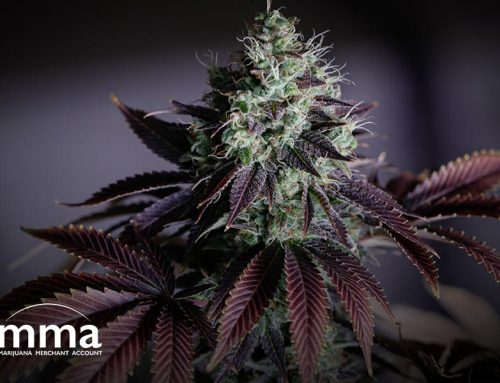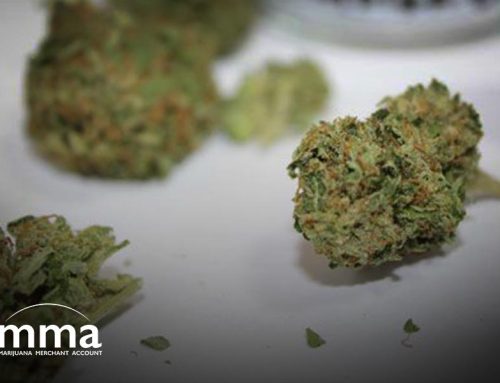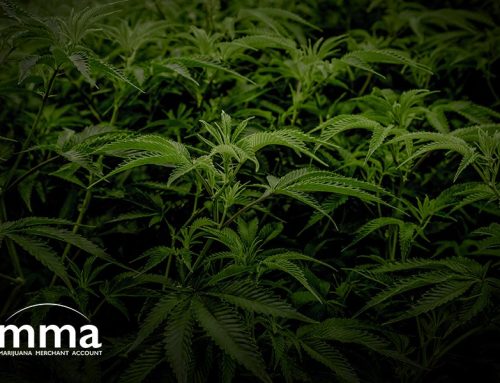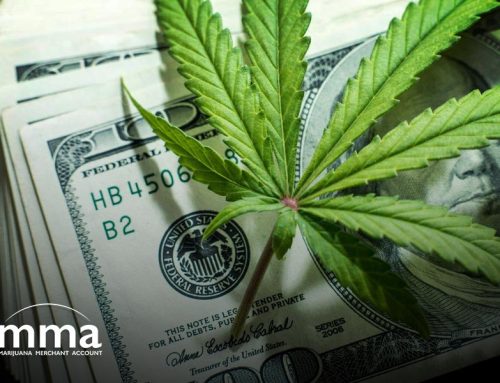Financial institutions received the OK to work with hemp in recent years, but it is largely unchartered territory for many banks and credit unions. The Financial Crimes Enforcement Network (FinCEN) recently issued guidance to financial institutions on how to best work with hemp businesses and stay within the law.
Hemp-related businesses can now work with financial institutions (including cannabis insurance companies) because of what started with the Agricultural Improvement Act of 2018 (aka the 2018 Farm Bill), which put a crowbar separation between hemp and cannabis. Late in 2019, the U.S. Department of Agriculture (USDA) paved the way by issuing an interim final rule that allowed state and tribal governments to create plans for regulating hemp. Those plans would be submitted to the USDA for review and approval. A state could allow the USDA to regulate the licensing plan for them, or they could choose to prohibit growing hemp at all.
Though it is now legal for financial institutions to do business with hemp-related businesses, bankers are still required to do their due diligence like they would for any business customer, according to the recent FinCEN guidance. Checking that an entity has a valid business license is a key first step, which means this is only possible if a state or tribal government has a regulatory plan. Other aspects that FinCEN recommends with hemp businesses specifically include crop testing/inspection or corresponding with the regulating government, depending on the needs of the account.
Crop testing is an important aspect for banks to keep apprised of because of that crowbar separation between hemp and cannabis. If a hemp crop has too much THC, it is unacceptable by federal standards. Testing can also identify if certain illegal pesticides have been used. The FinCEN guidance comes down to creating individual solutions for hemp-related businesses to better understand the risks involved.
Suspicious Activity Reports (SARs) are filed when an account has what is deemed suspicious activity, which includes transactions over $10,000 in one day. What counts as suspicious activity? It could be a hemp-related business doing out-of-state transactions to a state that has not regulated hemp production. Or if transaction trends lead bankers to believe a hemp-related business is secretly working with THC-rich cannabis instead, SARs must be filed.
Although guidance has been clarified for hemp-related businesses somewhat, there are still many unanswered questions and issues yet to be dealt with. The federal government’s continued prohibition of cannabis and the uncertainty around hemp have made it a riskier client than some financial institutions are willing to deal with. Financial institutions will need to have a solid understanding of regulations regarding hemp in order to properly assess the risk of individual clients. Not only knowledge of their own state’s regulations, but also of other state’s regulatory plans, the USDA program, and those states and tribal governments that have chosen to prohibit hemp production. This lack of clarity on what financial institutions can and cannot do with cannabis businesses is what has pushed 34 attorneys general for pushing for cannabis banking reform.
—
Does this recent guidance from FinCEN do enough to help guide financial institutions? Let us know what you think in the comments.












